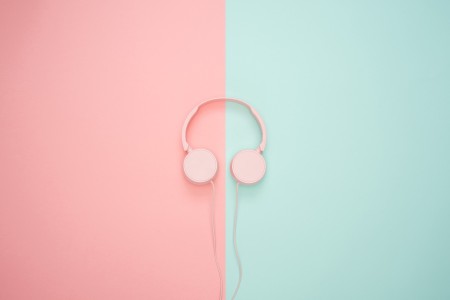Noise-cancelling earplugs have become an essential tool for many individuals seeking peace in an increasingly noisy world. Whether you’re a frequent traveler, a student studying in a bustling environment, or simply someone who values tranquility at home, these innovative devices can significantly enhance your quality of life. By effectively reducing ambient sounds, they create a personal oasis of calm that can improve focus, relaxation, and overall well-being. The technology behind noise-cancelling earplugs is fascinating and warrants a closer look.
The first aspect to consider is the technology itself. Noise-cancelling earplugs typically utilize active noise control (ANC) to reduce unwanted ambient sounds. This technology works by employing microphones that pick up external noise, which is then countered by sound waves that are out of phase. The result is a significant reduction in perceived noise levels, allowing users to enjoy their surroundings without the disruptive sounds that often accompany them.
Another vital element is the comfort and fit of earplugs. Many people are deterred from using earplugs due to discomfort or poor fit. However, advancements in design have led to earplugs that conform better to the shape of the ear canal. This not only enhances comfort but also improves noise isolation. Users can choose from various materials, including silicone and foam, to find the best fit for their needs.
In addition to comfort, the effectiveness of noise-cancelling earplugs varies by brand and model. Some are designed specifically for high-decibel environments, while others are more suited for general use. It’s essential for consumers to assess their specific needs, whether it’s for sleeping, studying, or traveling, to select the most appropriate product. Reading reviews and comparing features can provide valuable insights into the performance of different models.
Another important consideration is the battery life of active noise-cancelling earplugs. Most models require power to operate their noise-cancelling technology, typically provided by rechargeable batteries. Users should consider how long they need the earplugs to function without recharging, especially for travel purposes. Some models boast impressive battery life, allowing for extended use without interruption.
The versatility of noise-cancelling earplugs is also worth mentioning. They can be used in various settings, from airplanes to busy cafes, and even during loud events like concerts. Their ability to adapt to different noise environments makes them a valuable accessory for anyone looking to enhance their auditory experience. Users can enjoy their music, podcasts, or audiobooks without the interference of external noise.
Safety is another critical factor when using earplugs. While noise-cancelling earplugs can be effective in reducing harmful sounds, it’s important to ensure that they do not block out all noise entirely. Being aware of one’s surroundings is crucial, especially in situations where safety is a concern, such as walking in busy urban areas or during outdoor activities. Some earplugs are designed to allow certain frequencies to pass through while still reducing overall noise levels.
Furthermore, maintenance and care of noise-cancelling earplugs should not be overlooked. Proper cleaning and storage can prolong their lifespan and maintain their effectiveness. Users should follow manufacturer instructions for cleaning, as improper care can lead to a build-up of dirt and bacteria, which can compromise both hygiene and performance.
Finally, the environmental impact of noise-cancelling earplugs is an emerging topic of discussion. As consumers become more environmentally conscious, the demand for sustainable materials and manufacturing processes is on the rise. Brands that prioritize eco-friendly practices are gaining traction, making it easier for consumers to make responsible choices without sacrificing quality.
In light of the various aspects discussed, it is evident that noise-cancelling earplugs offer significant benefits for enhancing personal comfort and well-being in noisy environments. As technology continues to advance, future research should focus on improving the efficacy, comfort, and sustainability of these devices. Innovations in materials and design could lead to even more effective solutions for noise reduction. Furthermore, exploring the psychological effects of reduced noise exposure could provide deeper insights into the overall benefits of using noise-cancelling earplugs.

